Lebanon is teetering on the edge of a seismic political shift, facing increasing pressure both from internal factions and external military threats. Years of dominance in Lebanon’s political and military arenas have not shielded the terror group Hezbollah from devastating external blows, including the assassination of its longtime leader, Hassan Nasrallah. The group’s entrenched power within the country’s political, military, and social structures has long presented a seemingly insurmountable challenge. As the group’s grip appears to weaken, a rare moment of vulnerability has emerged, one that could reshape Lebanon’s future.
Yet the question remains: will this be a fleeting opportunity or the beginning of Lebanon’s long-awaited liberation from Hezbollah’s shadow? This opens up the possibility — though by no means a certainty — of a post-Hezbollah Lebanon. The outcome will depend on a delicate interplay of local forces, regional powers, and international actors, all vying to determine what comes next for a country caught between war and peace, and between hope and despair.
Hezbollah’s fate is tied not just to Lebanon but to the Middle East’s broader geopolitical struggles
The balance of power between Hezbollah and the Lebanese state is key. The Lebanese army, although a legitimate national force, is not in a position to confront Hezbollah directly as it is infiltrated by elements loyal to Hezbollah, particularly among its Shia ranks. This makes any effort to disarm or confront Hezbollah not only politically explosive but also militarily fraught. A direct confrontation could splinter the army, and worse, lead to a devastating civil war. Such a war would not only engulf Lebanon but likely draw in fighters from across the region, as Iran and its regional allies could come to Hezbollah’s defence.
The idea of using the Lebanese army to seize this moment of Hezbollah’s weakness has been floated in both Lebanese and Israeli circles. However, the structural weaknesses within the army itself make this an unlikely solution. One former senior Mossad official involved in important operations in Iran, Lebanon, and other areas, estimated in a recent interview that “if an order is given to attack Hezbollah, there will be fractures within the Lebanese army that will prevent it from acting with full force.” Thus, any realistic path forward must involve not just the strengthening of the Lebanese army, but also a broader political and economic restructuring that weakens Hezbollah’s influence across multiple spheres of Lebanese society.
Another important factor in this equation is Hezbollah’s relationship with Iran. Hezbollah’s power is not merely a function of its military capabilities or its domestic political influence; it is inextricably linked to Iranian support. Iran has used Hezbollah as a proxy in its broader regional strategy, arming and financing the group while deepening its influence in countries like Syria and Iraq. Any serious attempt to dismantle Hezbollah would need to address this relationship. As long as Iran continues to view Hezbollah as a strategic asset, the group will remain capable of rearming and rebuilding, even in the face of significant setbacks such as Nasrallah’s assassination.
This leads to one of the most critical questions for Lebanon’s future: can Hezbollah be meaningfully weakened without simultaneously confronting Iran’s regional ambitions? The answer is likely no. The fate of Hezbollah is tied not just to Lebanon but to the broader geopolitical struggles in the Middle East. Any long-term solution will require a concerted effort by the international community to contain Iran’s influence, not only in Lebanon but across the region.
The international dimension is further complicated by the potential for regional actors to play a role in shaping Lebanon’s future. Countries like the United Arab Emirates, which harbors deep animosity toward Hezbollah, could offer financial and political support to Lebanese forces looking to reclaim sovereignty from the group. But this effort would need to be part of a broader arrangement, one that includes guarantees for Lebanon’s internal stability and the strengthening of its national institutions. Without such a framework, any external support is likely to be piecemeal and ultimately ineffective.
A final, perhaps more troubling, consideration is the resilience of Hezbollah’s internal structure. Despite significant leadership losses and military setbacks, Hezbollah remains a deeply hierarchical and well-organized entity. The assassinations of its senior leaders could, paradoxically, lead to the rise of a younger, more reckless generation of operatives who are less pragmatic than their predecessors. This could make any diplomatic or political resolution even more difficult.
Lebanon’s future is uncertain, and the questions it faces are profound. Can the Lebanese state, with its fractured political system and weak military, ever hope to disarm Hezbollah? Can the international community muster the will and resources to address the Iranian influence that underpins Hezbollah’s power? And perhaps most crucially, if Hezbollah is removed from its position of dominance, what forces will emerge to fill the vacuum? The answers to these questions will determine not just Lebanon’s future, but the stability of the entire region.
In the meantime, we must be careful not to view Hezbollah’s current setbacks as being a sign of its guaranteed imminent collapse. The group has survived, and even thrived, under enormous pressure before. What is needed now is not just military action or diplomatic pressure, but a comprehensive, multi-dimensional approach that addresses the root causes of Hezbollah’s power while avoiding the catastrophic consequences of an all-out civil war. The stakes for Lebanon — and for the region — could not be higher.
This article was originally published on The Spectator’s UK website.



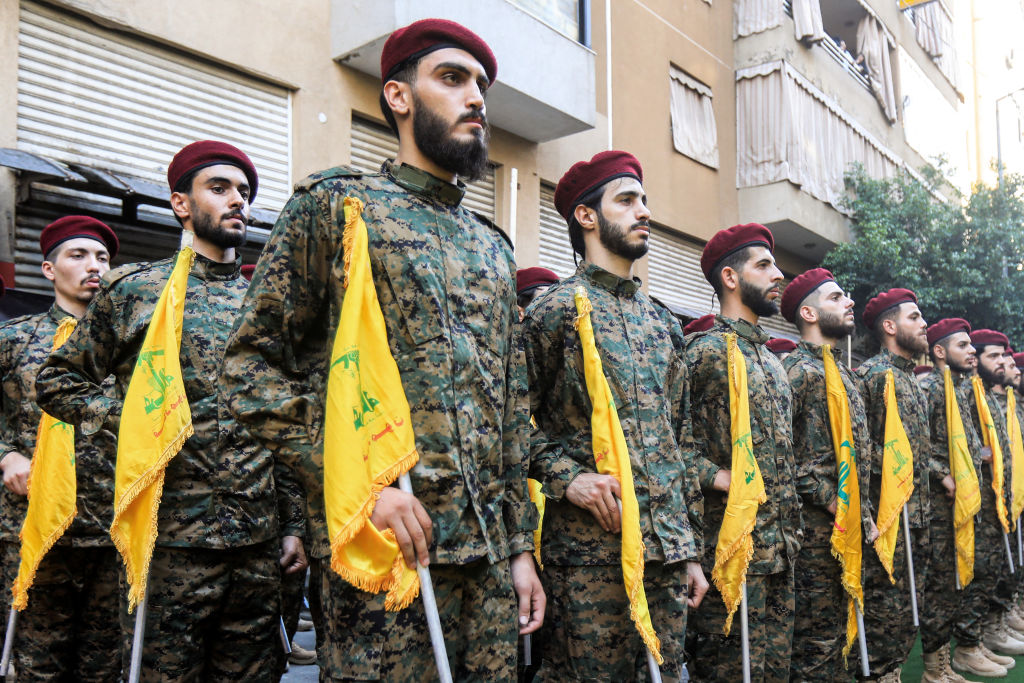






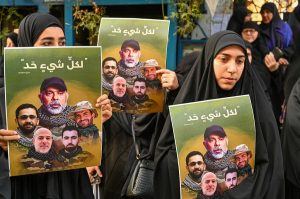
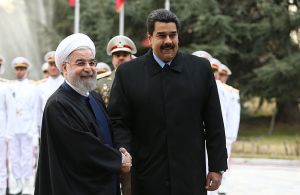
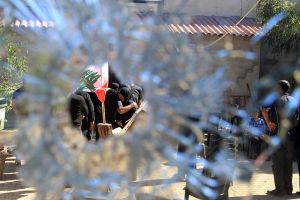

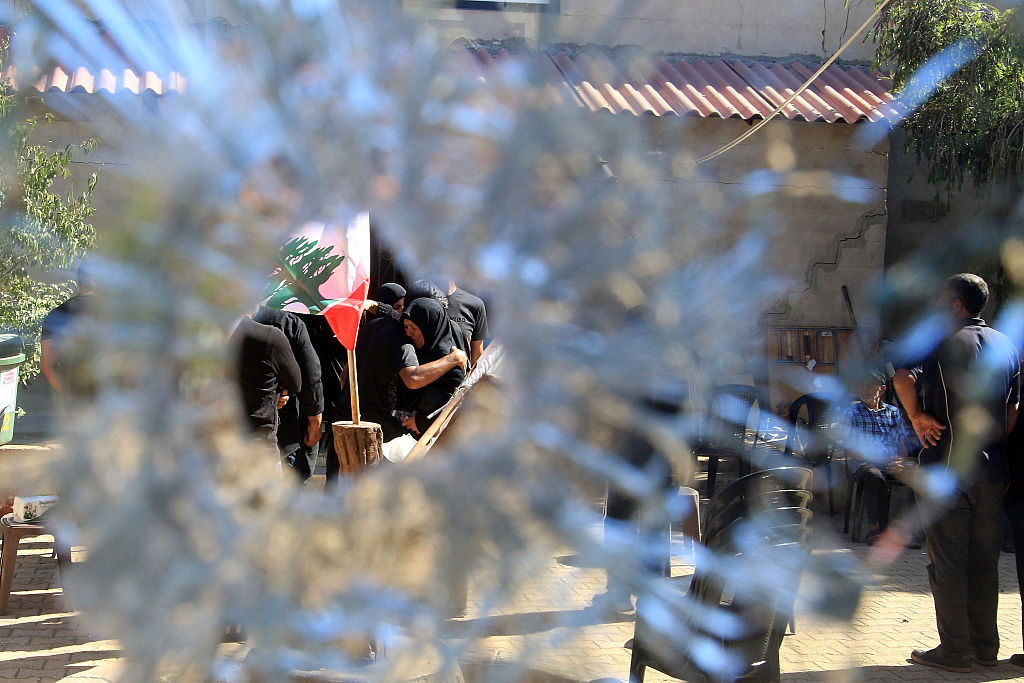
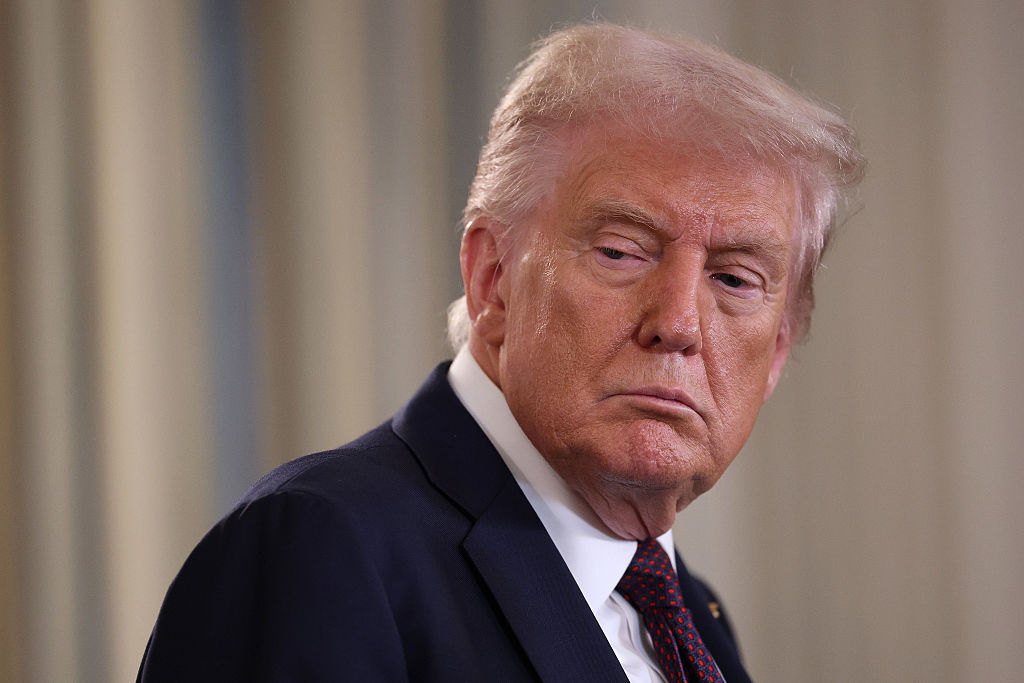

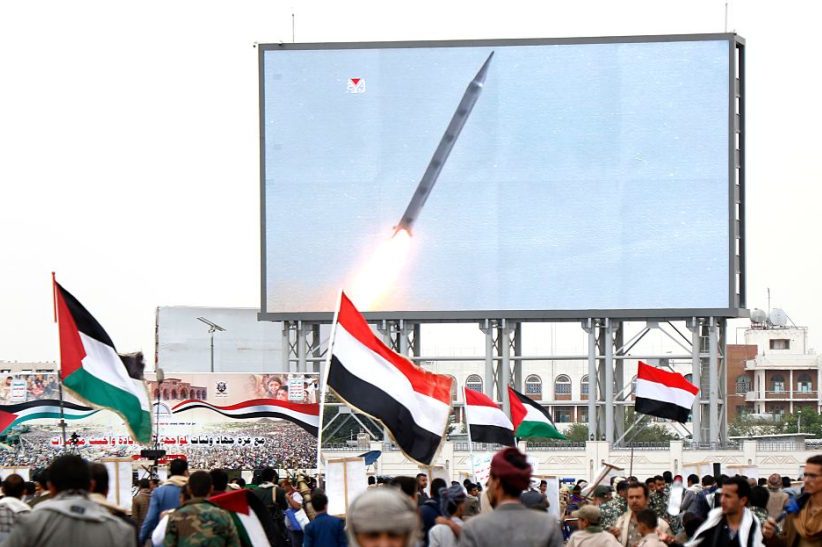
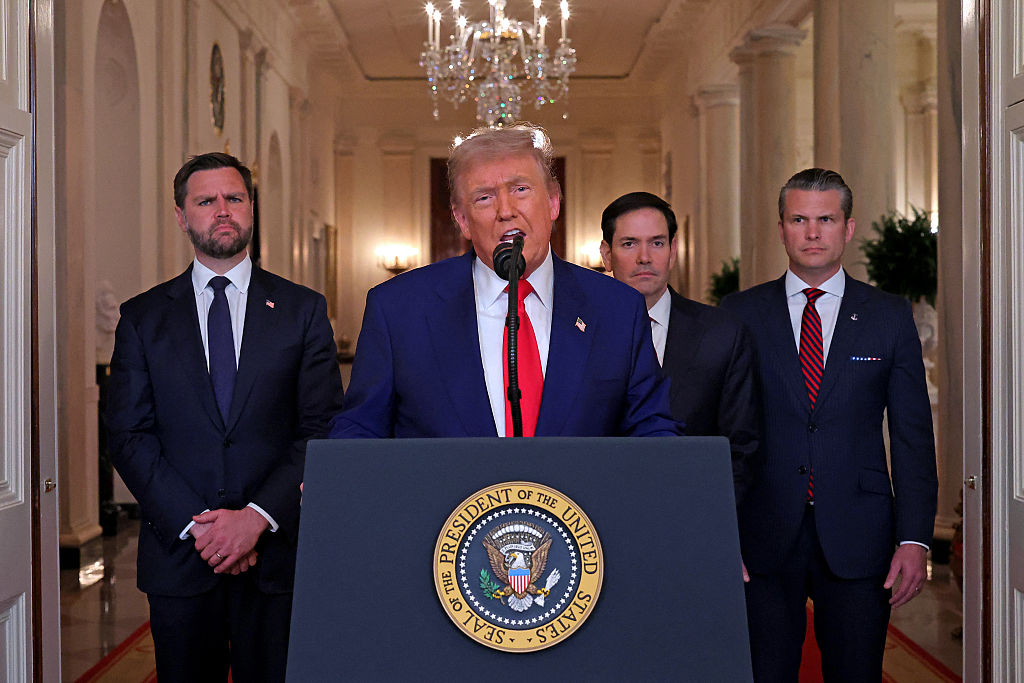







Leave a Reply